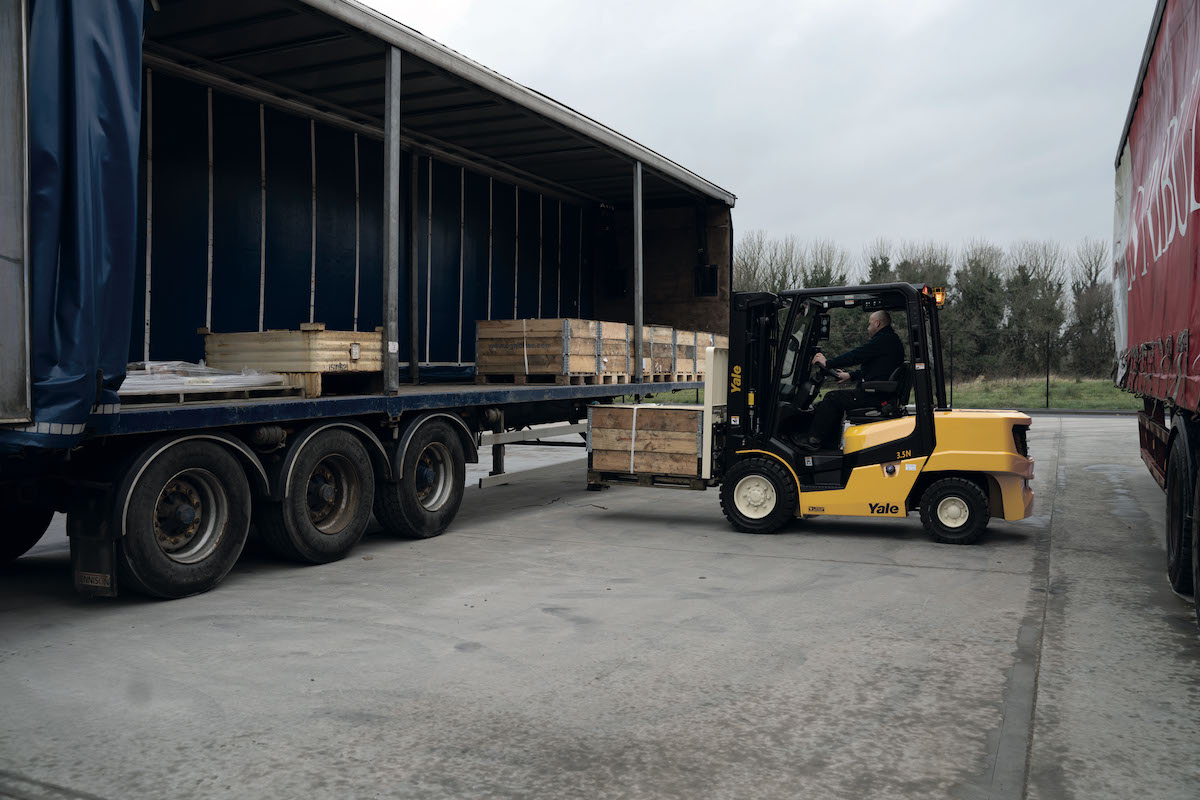As the environmental impact of supply chain activities is more widely understood, now is the time for supply chain professionals to prioritise sustainability in their logistics plans in order to be both successful and make a positive global impact, says IMHX 2022 Event Director, Rob Fisher
Glasgow’s COP26 in November 2021 shone a light on the impact that freight and logistics have on the. planet and the general consensus among industry leaders is that the ‘business as usual’ approach is simply no longer an option if a sustainable future is going to be achieved.
And, as socially aware brands with an authentic commitment to minimising negative environmental impact continue to sway consumers, it comes as no surprise that sustainability has emerged as a new frontier. Quite simply it is an issue that is impacting the long-term viability of every business, which means that today’s supply chain professionals must understand how to effectively build sustainability into their logistics plans for future success.
As the official theme of IMHX 2022, sustainability has been woven into every element of this year’s event experience, enabling logisticians to put a laser focus on effectively tackling sustainability. A ground-breaking Sustainability Zone will be one of the major highlights, which combines physical displays, augmented reality, and virtual reality demonstrations to give visitors a ‘deep dive’ into readily-available technologies that companies operating in the supply chain space can implement to make sure they perform as sustainably as possible.
Prominently located within the main IMHX exhibition hall, the Sustainability Zone, which is being delivered in partnership with SEC Storage, will be set across 300 square metres and will allow visitors to take away everything they need to develop an effective sustainability policy or benchmark their existing strategy against examples from some of the most successful companies in the industry.
Of course, with global energy prices soaring, the commercial incentive for operating in an environmentally conscious way has never been greater. With many of the world’s leading MHE manufacturers highlighting the latest developments in power sources and fuel cell technology, IMHX 2022 will be the perfect opportunity to see the latest carbon-reducing offerings from many of the world’s leading forklift bra
For example, as part Combilift’s drive to help customers achieve their aims of more sustainable operations, over 60% of the company’s output is now electric. Recent models such as the Combi-XLE and now the Combi-FSE focus on heavier duty application for industry sectors such as timber, steel, tubes & pipes and builders merchants. Thanks to Combilift’s immense engineering and design experience, the Combi-FSE delivers on all aspects of reliability, durability, powerful performance and ease of maintenance, combined of course with the quiet and emission free electric operation that more and more customers are demanding.
And, one of the IMHX 2022 Sustainability Zone’s sponsors is Intelligent Energy – a leading fuel cell development and manufacturing business. With over 30 years’ experience in the production of zero-emission fuel cells that generate clean, quiet, efficient, zero-emission power for a wide range of applications, including material handling equipment. Intelligent Energy will be showcasing a plug-and-play hydrogen battery replacement system that takes just a couple of minutes to recharge, which makes it a great power source for large forklift fleets operating within busy distribution and manufacturing centres.
Because today’s retailers and manufacturers want to be able to demonstrate a genuine commitment to sustainable goals they expect their logistics services providers or online fulfilment partners to be in a position to do the same, so for logistics professionals seeking sustainable supply chain solutions that will create stronger, more ecologically considerate operations, a day or two at IMHX 2022 is essential.
IMHX 2022 takes place from 6 – 8 September at the NEC, Birmingham.








